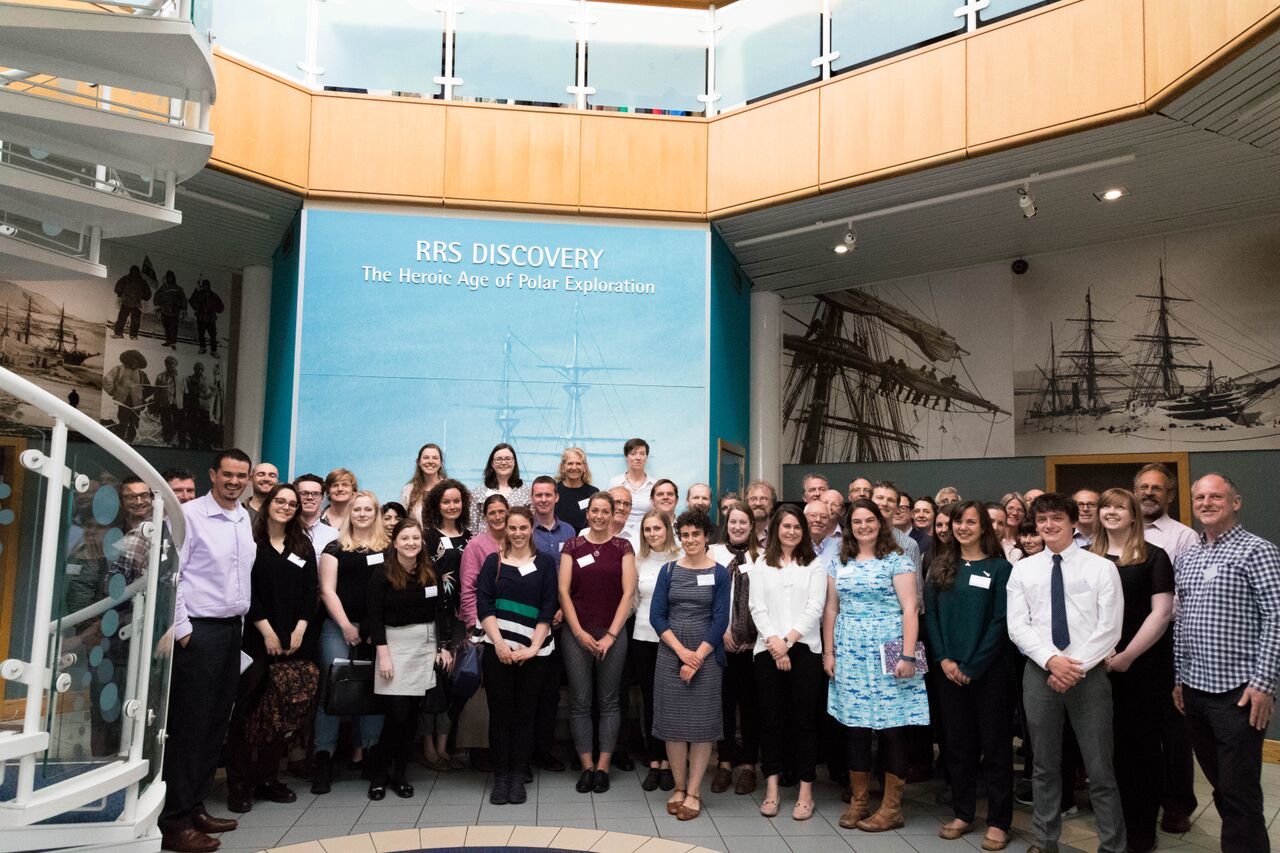Scotland’s marine community gathered in Dundee this week in order to discuss some of the biggest challenges facing the country’s waters.
Hosted at the RRS Discovery Centre at the city’s waterfront, Sea Scotland 2017 is the second annual conference on marine issues to be held in the country after the inaugural event last year in Glasgow.
It aims to provide a multi-interest forum for dialogue and knowledge-exchange in relation to the development of marine planning and included the launch of the Scottish Government’s Marine Protected Areas (MPA) monitoring strategy.
The strategy forms part of a longer term approach to monitor Scottish waters and collect detailed information from the MPA network to increase understanding of the health of marine environments.
Environment Secretary Roseanna Cunningham, who attended the event, said the key issue was to improve the health of the seas and this would be achieved by implementing an efficient monitoring programme.
“MPAs cover some of our most vulnerable marine environments with many people and communities taking an interest in their protection,” she said.
“A well-managed MPA network requires a focused monitoring programme, which is why I welcome the development of this strategy which clearly sets out our long-term direction and recognises the important role that local coastal communities and stakeholders can play in its delivery.
“With 31 nature conservation MPAs added to the network in recent years and the on-going implementation of fisheries management measures, this strategy is showing just how seriously we take our duty to protect Scotland’s rich marine environment and is providing a clear direction for the future.”
Scotland’s legally prescribed sea area is one of the largest in Europe, making up 10% of the continent’s total, according to the United Nations’ Exclusive Economic Zone.
The country encompasses 468,994 km2 of ocean water, which amounts to 61% of the total surrounding the UK.
Calum Duncan, convenor of Scottish Environment LINK’s Marine Group and head of Conservation Scotland for the Marine Conservation Society said that it was important that any political changes did not disturb progress toward improving the country’s substantial surrounding waters.
“We may not know exactly where we are on the road to marine recovery,” he said.
“But the important point is that, regardless of constitutional arrangements, all agree the trajectory must be to improve the health of our seas, both for their intrinsic value and the many benefits they provide.”
The conference was organised by a partnership of bodies including: Dundee University, the Marine Alliance for Science and Technology Scotland, Scottish Environment LINK, Scottish Natural Heritage, the University of Aberdeen and the University of Edinburgh.










